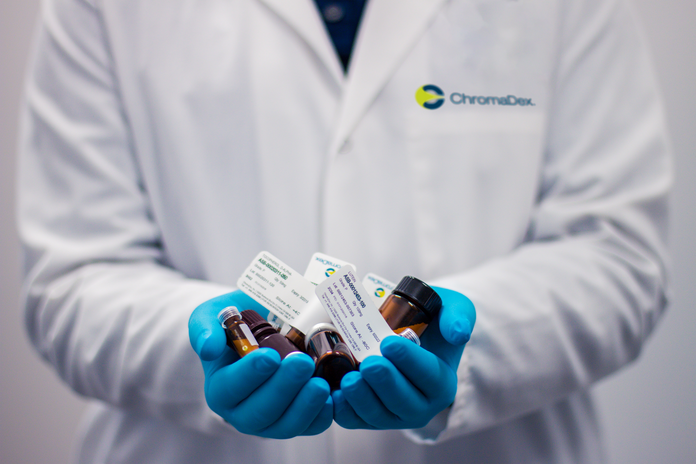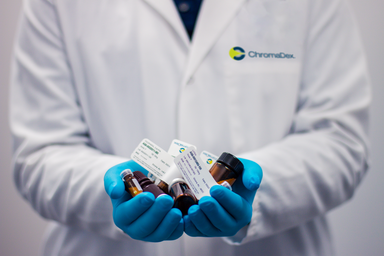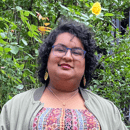I recently stumbled on an Onion article that caught my eye: “Woman Puts Off Going To Doctor Until Disease Bad Enough For Him to Believe Her.” As someone who wants to go to medical school one day, I was interested in how just the title of the article illuminated such a clear, terrible systemic issue in the medical industry.
When an issue is major enough to be passed through a parody behemoth like The Onion, you know it’s gotten bad. It indicates there’s a level of public consciousness about the topic where readers will understand the context behind the headline, think “oh shit,” wince, and then laugh at the brutal reality of the punchline.
It seems like we all know a horror story about a doctor’s visit that then prevents us from going to the hospital in the future. I’ve even joked with my own friends about how there’s no point in going to doctor about miscellaneous aches and pains, because what’s the point? As women, the whole experience can be traumatizing, especially when your doctor is a man. Going in to explain symptoms that are often ignored, only for no concrete solution to be offered, makes a crucial service seem like a waste of time. The brief Onion article sums it up pretty well, stating that the last thing the narrator wanted was to “show up to her doctor when she wasn’t actively fainting, vomiting, or bleeding…just to be shown the door.”
I see other pre–med students around me constantly grinding to memorize entire chapters of science textbooks and find labs to conduct research in and professionals to shadow because medical school is one of the most competitive vocational paths. However, these priorities lead many current and future doctors to forget a fundamental aspect of their jobs: the health industry is, at its core, a service industry. Considering the most cliché answer to the question “why do you want to be a doctor?” is “to help people,” many doctors seem to think their job is solely listening to symptoms and churning out diagnoses and treatment plans. At the end of the day, a huge component of a doctor’s job is dealing with human beings, not bodies or cadavers. And unlike other service industries, doctors are dealing with people at the most vulnerable times in their lives.
This issue is obviously rooted in systemic problems. Medical schools are ridiculously competitive, which doesn’t make any sense considering there is a national shortage of doctors, especially in the era of COVID-19. I personally think the sincere desire to become a doctor should be the most important criterion for medical school admission, and that the competitiveness of medical schools and their focus on students cramming large amounts of information leads to doctors that think the most important part of the job is remembering lots of facts — and worse, that they’re somehow special for having such knowledge.
Our collective brief that medicine is only influenced by science and facts can blind us to the systemic biases involved, where women, people of color, and people with non–conventional bodies suffer the most. If you don’t have the knowledge to be your own medical advocate, you’ll find yourself in a setting where you don’t have the information to stand up for yourself, which is what makes medical bias so dangerous.
I’m not saying all doctors need to ooze charisma, but if their lack of care betrays patients’ trust, forcing them to hold off on or disbelieve the industry as a whole, they are betraying the fundamental point of their job. I’ve met so many doctors who come off as condescending; equally, I’ve met many patients who think kind doctors, those who know how to communicate clearly and genuinely, are special cases.
As an English major, I may be biased, but I believe one way to counteract this problem is to have medical students take more humanities courses. I think I’m better prepared to be a doctor someday because I focused on the humanities, and I’m definitely better off than if I had decided to study purely science courses. Analyzing literature and learning to write creative papers may seem like they have nothing to do with medical school, but they’ve allowed me to understand how people relate to each other and their own lives.
My major has taught me to express myself and to empathize with the experiences of other peoples’ lives — and medical threats to those lives. I feel confident that I can relate to my future patients and understand how their medical problems affect the qualities of their lives, which is essential to providing the service of bettering those lives. To understand the humanities is to understand human beings themselves — and that includes how they relate to their bodies, their mortality, and their health. At the end of the day, we aren’t our bodies; we’re our experiences, and the collective experiences of humanity are bound in the very stories I’ve studied for the past four years. I know it’s a lot to ask that pre-med students both succeed in their science courses and take humanities classes. However, that is truly what it takes “to treat the ill to the best of one’s ability.”
Awareness about the medical industry’s systemic issues are entering the public consciousness more than ever before. TikTok trends and Buzzfeed lists alike are covering how doctors let patients down. It’s time to solve this problem. As individuals, we can question how medical data is collected and demand better care from our doctors; if we are willing to find the best care and know our medical rights, we can instill change.
Doctors can be heroes, and many of them have been during the recent pandemic, putting their lives and bodies on the line to help others; it is this fire we need to blaze during the times when there is no widespread medical crisis. If I can make it to medical school, I want to be the kind of medical professional who patients trust to take even the most innocuous of symptoms seriously. And I have hope because I see other students around me with the same goals.


